
At the question and answer session with Minister of Finance Nguyen Van Thang on the morning of June 19, delegate Hoang Van Cuong (Hanoi Delegation) said that Resolution No. 68-NQ/TU of the Politburo proposed one of the solutions to abolish lump-sum tax. Meanwhile, Resolution No. 198/2025/QH15 of the National Assembly on a number of special mechanisms and policies for private economic development decided to abolish lump-sum tax for business households from 2026.
According to delegate Hoang Van Cuong, this policy is affecting millions of business households with a fearful mentality. Among them, many delegates suggested reviewing or postponing the implementation of this tax policy.
This shows that households do not mind paying taxes but are very concerned about how to calculate taxes and the correct payment procedures. Delegates questioned the Minister of Finance about the plan and solutions to implement new tax collection after abolishing lump-sum tax so that households feel comfortable and excited about paying taxes?
Responding to this content, Minister Nguyen Van Thang said that the current tax system is assessed to have approached international practices but there are still issues related to transparency and this is a major barrier. In particular, Resolution 68 and Resolution 198 have requested to abolish lump-sum tax, because the lump-sum tax mechanism has so far revealed many shortcomings, causing inequality, and not creating motivation for business households to grow into small and medium enterprises.

According to Minister Nguyen Van Thang, the abolition of lump-sum tax is a very correct policy of the Party and State, a fundamental and necessary step to create transparency, create equality, promote the transition to the enterprise model and expand the formal economic sector.
“This policy is indeed having impacts on millions of businesses in the process of implementation. Therefore, the Ministry is synchronizing legal and technological aspects to ensure convenience and reduce costs for households,” the Minister stated.
Along with that, the Ministry of Finance is also proposing to amend the Law on Tax Administration and the Law on Personal Income, aiming at a new tax management model, simplifying invoices and documents so that business households are not under pressure when converting to enterprises.
At the same time, strengthen digital transformation in tax management, apply electronic invoices to collect correctly and fully, reduce time and costs for business households; provide free electronic invoice software, accounting software, promote digital transformation, and improve.
Concerned about tax management of business households, delegate Nguyen Huu Thong (Binh Thuan Delegation) said that currently, tax management for business activities on e-commerce platforms is facing many difficulties because in reality, there have been many cases of tax fraud in the past.

According to delegates, this not only affects budget collection but also creates unfair competition for small traders, traditional businesses, supermarkets and shopping malls. Recently, the National Assembly passed Law No. 56 amending 9 laws in the field of finance and state budget, including regulations on tax management for e-commerce business activities.
"Can the Minister inform us about the implementation of the above regulations and the fundamental solutions to strengthen management of e-commerce activities in the coming time?", the delegate asked.
Responding to this content, Minister Nguyen Van Thang said that in recent times, the Ministry of Finance has vigorously implemented tax management in the field of e-commerce. Specifically, tax-paying business households authorize e-commerce platforms to create electronic invoices. At the same time, the Ministry has coordinated with domestic and foreign platforms to communicate policies to relevant subjects.

Along with that, the Ministry has also applied digital transformation in the tax sector, even using AI. Thanks to that, this work has initially achieved many results including standardizing 95% of the population database, connecting and sharing information with banks and e-commerce websites, 158 foreign suppliers declaring and paying taxes, collecting 23,000 billion VND in taxes.
Specifically, 106,000 business households have declared and paid 1,200 billion VND in taxes. E-commerce tax collection in the first 5 months of the year has achieved very good results, growing 55% with over 75,000 billion VND.
“The Ministry continues to perfect regulations to clearly define e-commerce business activities, identify organizations and individuals doing e-commerce business, upgrade the electronic tax declaration portal, and review individuals who have income from e-commerce,” the Minister emphasized.
Source: https://hanoimoi.vn/viec-bai-bo-thue-khoan-la-chu-truong-rat-dung-cua-dang-va-nha-nuoc-706045.html




![[Photo] Prime Minister Pham Minh Chinh receives the delegation of the Semiconductor Manufacturing International (SEMI)](https://vphoto.vietnam.vn/thumb/1200x675/vietnam/resource/IMAGE/2025/11/06/1762434628831_dsc-0219-jpg.webp)
![[Photo] Hanoi: Long Bien residents brave the rain to go to work and school amid traffic jams due to bridge closures from early morning](https://vphoto.vietnam.vn/thumb/1200x675/vietnam/resource/IMAGE/2025/11/07/1762485038077_dji-0206-1506-jpg.webp)




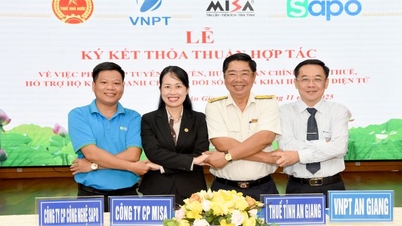

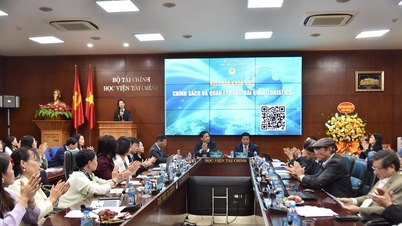

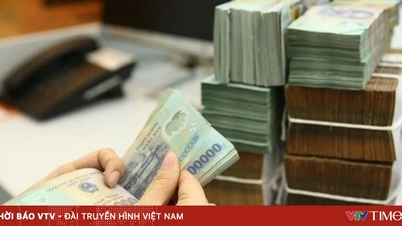




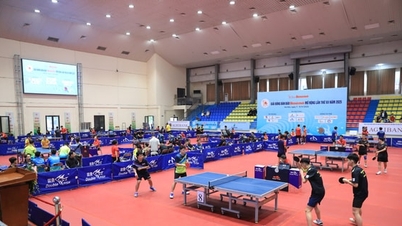


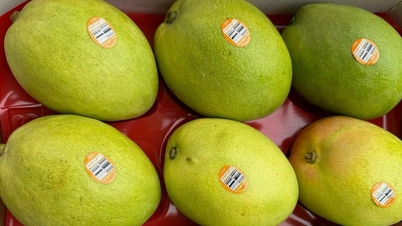



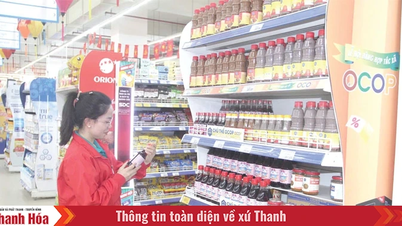


























































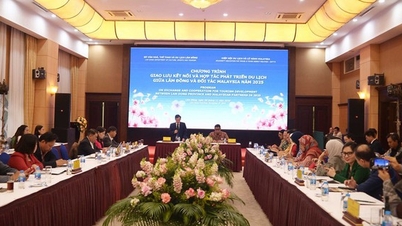







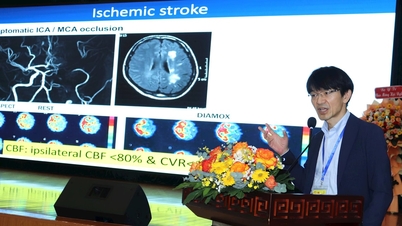















Comment (0)